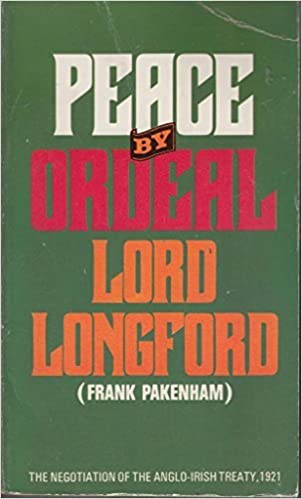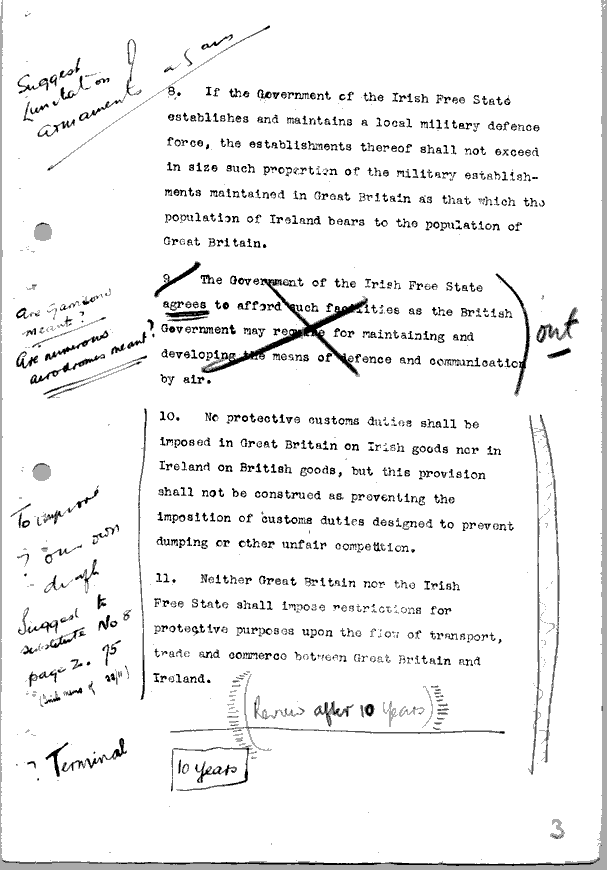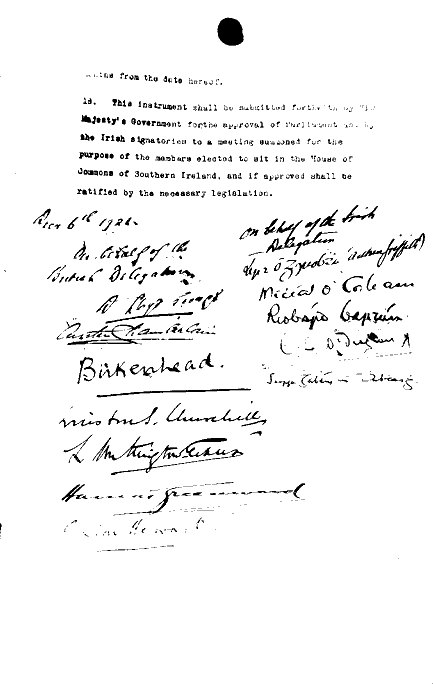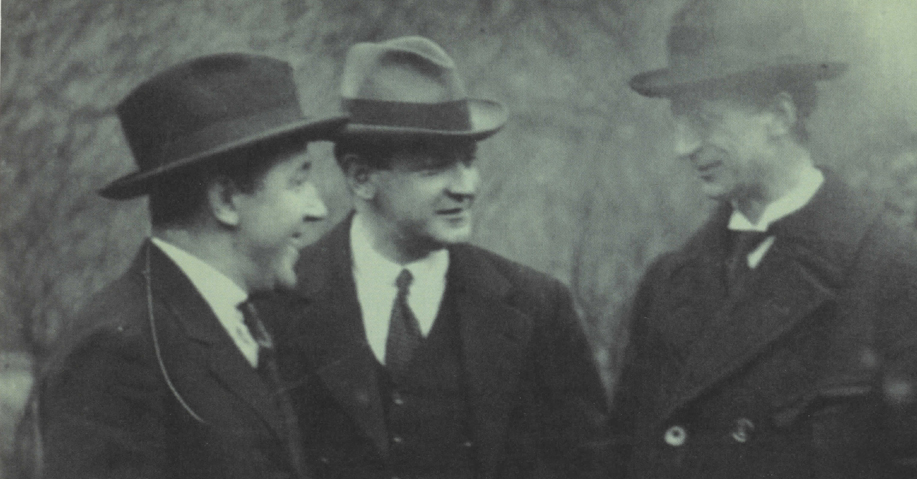Every Friday during the 1970s The Irish Post was delivered to our house. It was the newspaper for Irish people living in Britain, for families like us. As a teenager I loved laughing at old people getting worked up on the letters page about The Treaty which, for God’s sake, had happened half a century before. Let it go, I thought, there’s a new war in Northern Ireland to be worrying about.
Now, another 50 years on, I get it. The Treaty signed by Michael Collins to end Ireland’s fight for independence from Britain was a trauma Ireland is still recovering from. It triggered a civil war, enabled the partition of the country, north and south, and still defines the island’s politics.
As a young man I was mesmerized by Frank Pakenham’s 1972 book, The Treaty: Peace By Ordeal. It detailed the story of how President of the Irish Republic Eamon de Valera sent Sinn Féin founder Arthur Griffith and IRA leader Michael Collins to negotiate with the British in 1921, how Collins and Griffith signed a deal without checking back with de Valera first, and agreed to conditions which he didn’t accept.

It’s a politically complicated story but the clash of masculine egos played a big part. Collins was likely set up for failure by de Valera, but was determined to assert his authority, and signed. De Valera was livid that Collins agreed to The Treaty’s terms without his permission. These days it might be called a tragedy caused by male fragility.
An amazing silent newsreel (below) from the day Collins signed shows him both looking nervous and laughing uproariously. Hours after putting his signature to the document, he famously wrote, “Will anyone be satisfied at the bargain? Will anyone? I tell you this early morning I signed my death warrant….”
Irish reaction for and against the Treaty was strong, not least to its condition that members of an independent Irish parliament would have to swear an oath of allegiance to the British king. Constance Markiewicz, a cabinet minister in the Irish government, said that “being an honourable woman, [she] would sooner die than give a declaration of fidelity to King George or the British Empire.”
The Treaty was accepted by a narrow majority in the country, but it plunged Ireland into civil war, with Collins and de Valera leading opposite sides. Collins was right about it being his death warrant, and he was ambushed and killed months later by anti-Treaty forces.
De Valera founded the Fianna Fáil party a few years after losing the civil war, and re-entered mainstream Irish politics. He went on to dominate the Irish political scene for half a century more. When Pakenham’s book came out in 1972, the 90 year-old de Valera was still active in public life, as President of Ireland.
Peace By Ordeal isn’t the only book about The Treaty, but it’s written like a classic spy novel, and beautifully animates the major figures and bit players on either side. It even has a little map of the seating plan during the talks, showing how the British and Irish officials were arranged around the table.
Ireland has never recovered from those talks in London in December 1921, physically or psychologically. I’ve walked past Hans Place in Knightsbridge hundreds of times over the years, and always tense as I approach it, knowing it’s the street where the Irish delegation stayed during the negotiations. I imagine knocking at number 22, stepping into a time machine, and telling Collins to call de Valera on the phone to get his boss’s permission before he signs The Treaty (it wouldn’t have been impossible – there were plenty phones in London, and 6,400 in and around Dublin in 1920).
Thirty years ago I went to Downing Street to meet British Prime Minister John Major to discuss his government’s asylum and refugee policy. But as I spoke to him across the cabinet table all I could think was “I’m sitting in Arthur Griffith’s chair.”


 Brian Dooley is a Senior Advisor for Human Rights First as well as author of Choosing the Green: Second Generation Irish and the Cause of Ireland.
Brian Dooley is a Senior Advisor for Human Rights First as well as author of Choosing the Green: Second Generation Irish and the Cause of Ireland.
Follow Brian on Twitter @dooley_dooley.


Leave a Reply